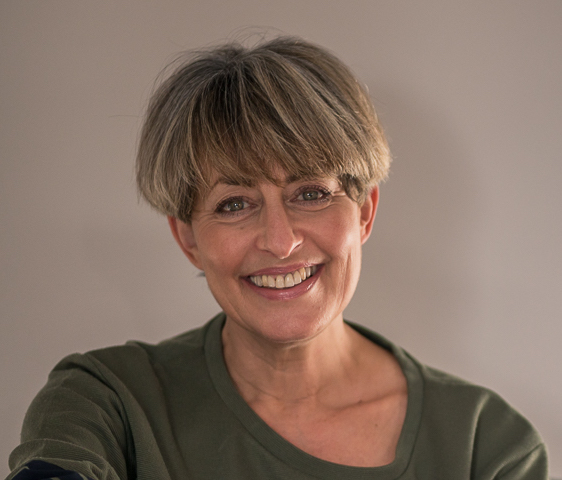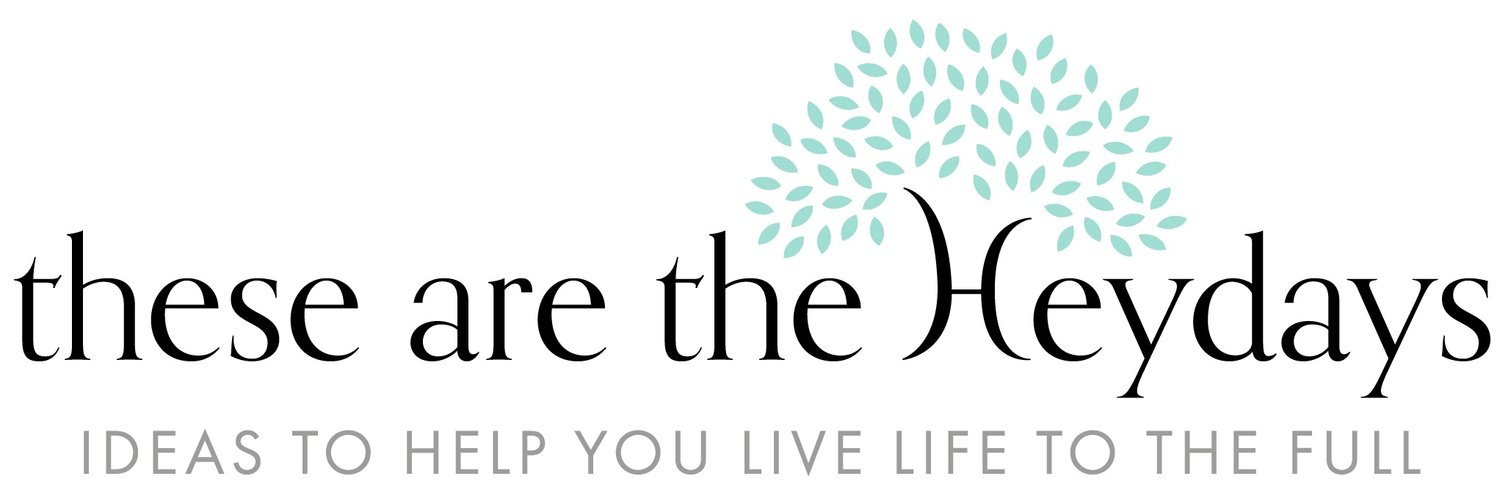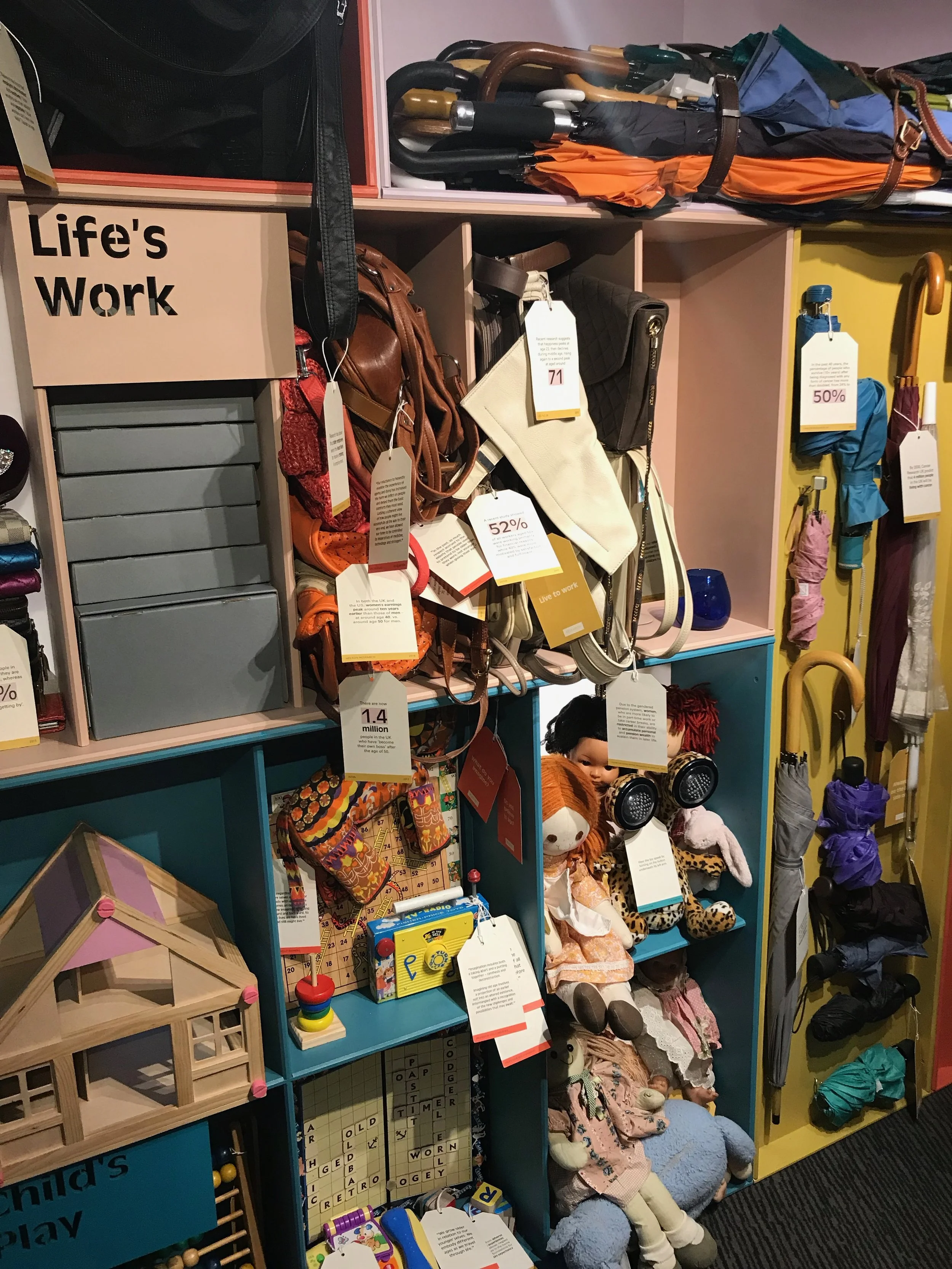Why we need to talk about death
The need for us to talk more openly about death is something I’ve come to feel increasingly strongly about
“It wasn’t until my mother died a year ago, that we discovered she was embroiled in a legal battle we knew nothing about. I’m so angry that she’s left it to us to sort it all out I haven’t even started to grieve for her yet.”
It’s not every day that someone you’ve just met tells you something like that. But then it’s not every day that you get together with a group of strangers with the express purpose of talking about death.
*Sarah (not her real name) is sitting next to me at a table with five other people: another woman and man about my age, a woman I guess to be in her thirties and two young female students from Hong Kong. Surrounding us are tables of men and women of all ages and ethnic backgrounds, all of them absorbed in animated conversation about the same subject. Death.
Welcome to a Death Cafe
The Death Cafe movement was started in the UK in 2011, since when there have been 8557 Death Cafe events, in venues as varied as cafes (obviously), private homes, yurts, cemeteries and even the Royal Albert Hall, not just here but across the world. There were around 40 people at the session I took part in, which was in a private room in a local restaurant, so it’s not hard to work out that there have been tens of thousands of participants over those intervening eight years.
Each not-for-profit event is run by volunteers to a framework developed by founders Jon Underwood and his psychotherapist mother Sue Barsky Reid, to give people a place and space to discuss what has become, at least in our western culture, one of the last great taboos.
There is deliberately no agenda for the gatherings, nor are there any objectives or required outcomes. Each group is completely free to discuss whatever they choose about the subject of death. In my group we talked about dying itself, grieving, rituals surrounding death, and what to say to someone who has lost a loved one, or, as in the case of one person, a much loved pet.
Conversation about death is accompanied by tea and cake
As per the ethos of the cafes, we were honest and open in our conversation, knowing that confidentiality was guaranteed (I’ve changed the details of Sarah’s story as well as her name) and as the name suggests, our often movingly personal conversation was accompanied by tea and very welcome cake.
The discussion lasted an hour and a half, at the end of which each table shared one or two things about their conversation with the rest of the room, before we all left and went our separate ways. It was a strange feeling to have talked so openly about something so intimate and emotional with people who I’ll probably never see again, but we all agreed that it had been both remarkably cathartic and immensely helpful. Especially as there was no need for any of the preamble niceties that you otherwise have to observe when meeting people for the first time We just ploughed straight into the death discussion. Which, of course, is exactly the point.
We’re hopeless at doing dying and death
Since my husband died suddenly two and a half years ago (can it really be that long already?) I have, unsurprisingly I suppose, thought a lot about dying and death. And I have come to the I realise hardly original, conclusion that here in the UK, as in so many of our so-called developed nations, we are absolutely hopeless at it.
That hopelessness takes various forms. The medical profession have turned death into a challenge to be overcome (which, of course it can’t be. Spoiler alert: WE. ARE. ALL. GOING. TO. DIE.) For our part, we all too often refuse to to contemplate and/or discuss death in spite of its aforementioned inevitability. And society expects it to be ‘got over’ (whatever that means) after an appropriate period (whatever that is) of grief/mourning/heartache.
It makes no sense to me - from either a pragmatically practical, never mind emotionally humane, point of view - that we hastily shuffle any attempt at conversation about dying and death uncomfortably aside when it arises. That we urge doctors to do everything they can to extend life even when there’s little possibility of that life having any decent quality about it. Or that we seem to be required to do our grieving with as little public fuss as possible.
Brilliant writers about end of life and death
The best books I’ve read about end of life, dying and death
In her brilliant, and brilliantly unsentimental, book, All That Remains: A Life In Death, one of our country’s top professors of anatomy and forensic anthropology, Sue Black, argues that we would all benefit in so many ways from being far more open in our discussions about death, far more sanguine about her (Sue always refers to death in the feminine) presence in our lives, and far more understanding of the role she can play in enabling, nay encouraging, us to fully live the lives we have for as long as we have them.
American surgeon, professor and best-selling author, Atul Gawande makes an equally powerful and compelling case for the de-medicalisation of death in his fascinating and eminently readable book, Being Mortal: Illness, Medicine and What Matters In The End. Weaving together case studies and stories of his own family’s experience, Atul argues that doctors need to examine their motives and instincts when it comes to giving treatment that has little, if no, chance of improving a patient’s quality of life simply for the sake of extending it. He also urges all of us, doctors included, to have, and keep having, open, honest conversations about getting (and being) old and what our priorities are as we approach the end of our lives.
And when it comes to end of life care and death itself, there can surely be no-one who has written about it more in a more thought-provoking and moving way than palliative care specialist Kathryn Mannix. The stories of the patients she has treated as they approach the end of their lives fill you with admiration, emotion, wonder and even joy. Kathryn’s beautifully composed prose, and how she summarises each group of stories, challenging us to consider the way we think about how life ends and how we might want our own life to come to its conclusion, make her book, With The End In Mind: How To Live and Die Well, vital reading for any of us who face dying. So that’d be all of us then.
We need to discuss our choices and hopes
A message the writers of all these tremendous books have in common, is one I have come to feel increasingly strongly about - the need for us all to stop shying away from conversations about end of life and death. We need to talk about what, given the choice, we, and those we love, would want our/their final weeks, months, even years, to be like. Is being out of pain a priority, even if it means being slightly woozy? Is it important to be able to continue doing certain activities - like going to see a favourite football team play - as long as possible?
We need to discuss how, given the choice, we would want our deaths, and the deaths of our loved ones, to be managed. Should every medical avenue to be pursued even if the outcome is uncertain? Would we/they want to be kept alive by machine? At home or in hospital? These sorts of conversations are hard to have for sure, but they save so much heartache and uncertainty (and even potential conflict) at a time that is often dreadfully stressful and sad.
Ditto if you have particular views about what you want to happen to your body once you die and whether there’s anything particular you want done/said at your funeral. My mother-in-law, who had a long decline before her eventual death, insisted on my brother-in-law writing her eulogy whilst she was still alive so she could edit it!
And we definitely need to talk about, and keep talking as often as want to, about people we love who have died. And if that makes us cry from time to time, well that’s fine. Because it’ll also make us smile and laugh.
The exact opposite of gloomy
I do appreciate that there can be a feeling that if you discuss death you’re somehow encouraging it. That such conversations are too gloomy and miserable, and that we should just get on with the joyous stuff of living. But I can say with the absolute certainty that comes from the experience of talking through all those things and more - and not just with strangers at a Death Cafe, I’ve talked to my mum about how she wants her end of life and death to be managed - that the effect of discussing them is exactly the opposite of gloomy.
If I had had the conversation/s with my husband before his sudden death, it would have alleviated our anxious indecision, at an appallingly traumatic time, about whether he wanted to be cremated or buried. Knowing that I know what my mum wants, means when the time comes, I and my siblings will, hopefully, be able to give her the end of life she has chosen. It is the greatest gift. And it means that she and we can live and fully enjoy whatever time she has left (which, of course, I hope will be many years) with the peace of mind we know what her wishes are.
The most important reason to talk about death
And that, although it would seem contradictory to say, is the best and most important reason for us to talk about death. The reassurance and comfort it gives you, and the people you care about, so that you can go on and live every moment of your life, up to its end, in the fullest, happiest and most fulfilled way possible, heartened by the knowledge that, if it is at all possible, it will end the the way you choose.
You can find out more about Death Cafes here
Other posts you’ll enjoy:






